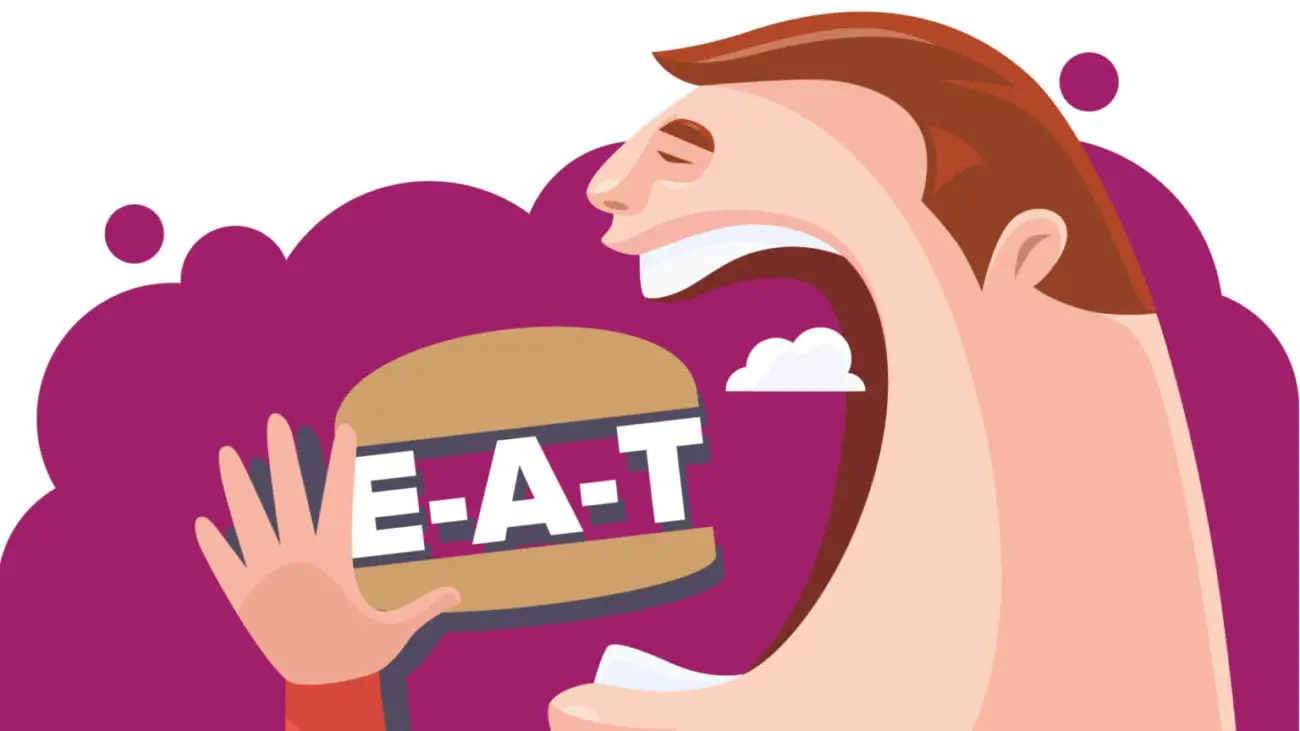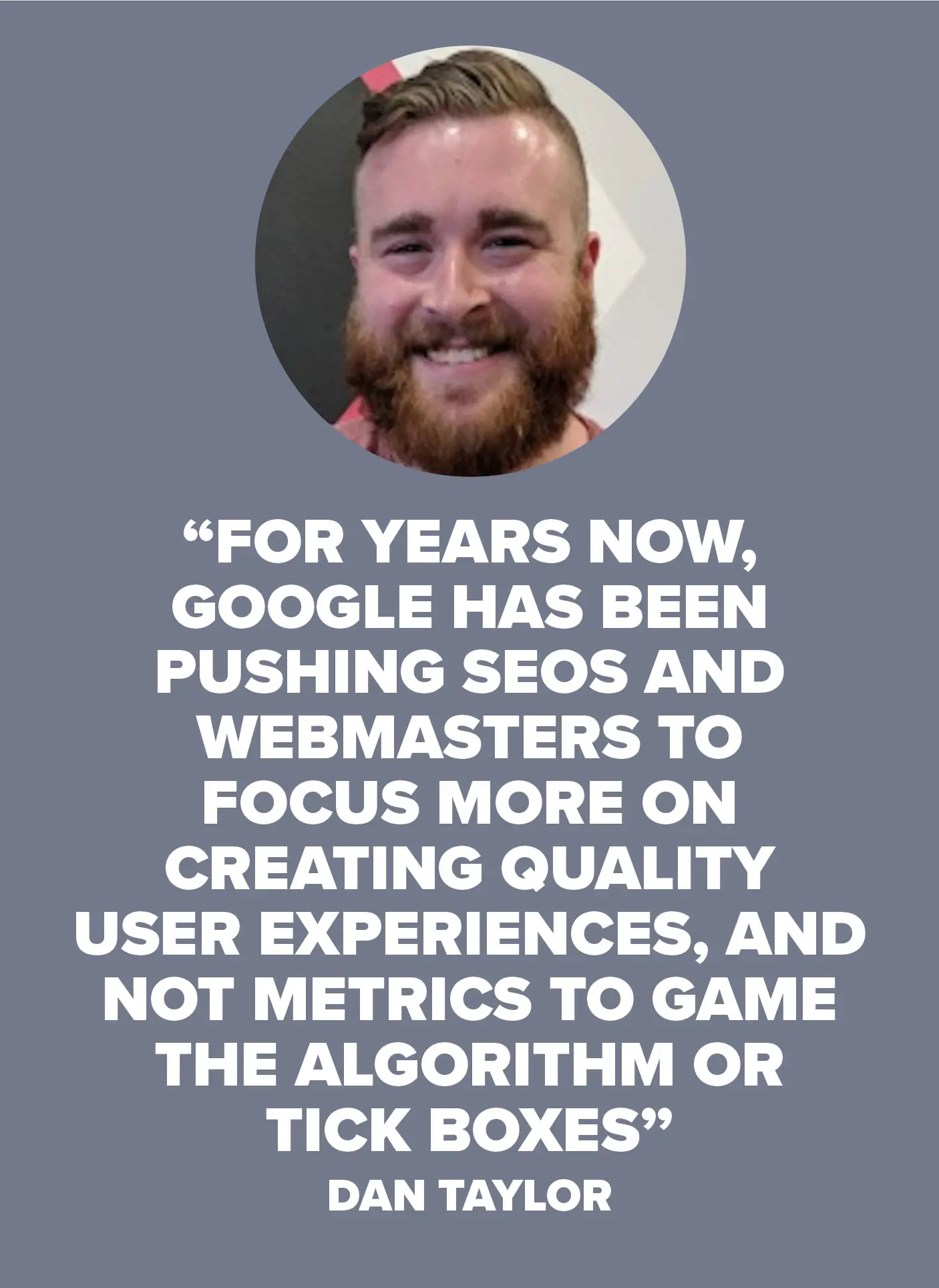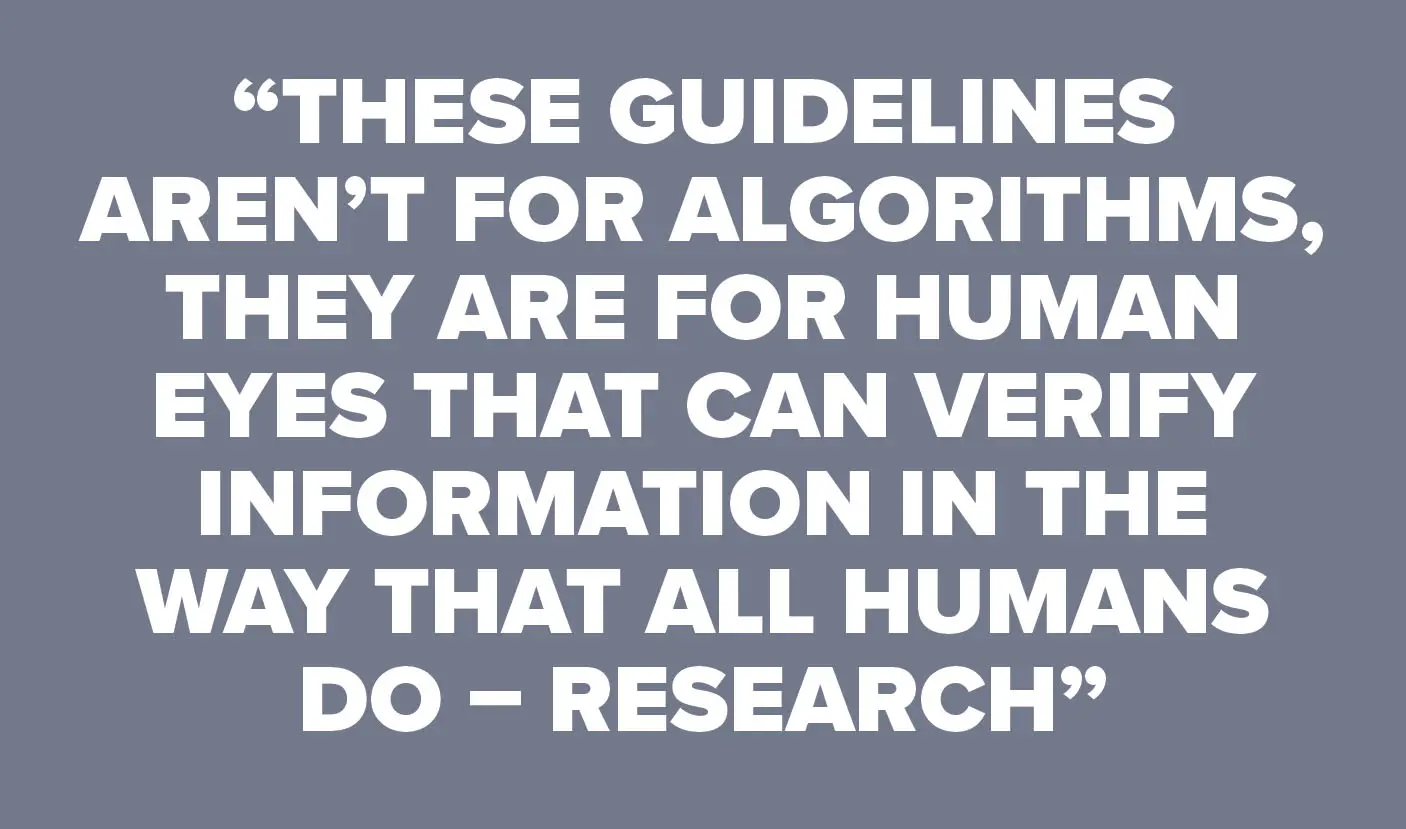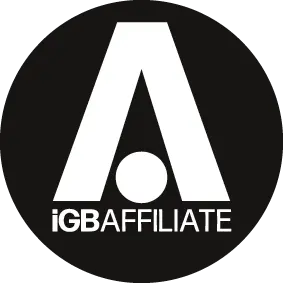

Long before last May’s Page Experience announcement, Google was already prioritising websites that provide a strong UX and satisfy user queries across all devices. Dan Taylor provides his guide to generating the essential quality signals in 2021
ince May of last year, Google has been investing resources to better ascertain whether or not a webpage provides a good user experience, as well as satisfying the user intent of a specific query.
Google has described this update and its signals (and how they are measured) quite openly, stating: “The page experience signal measures aspects of how users perceive the experience of interacting with a web page. Optimising for these factors makes the web more delightful for users across all web browsers and surfaces, and helps sites evolve towards user expectations on mobile.”
Even before the May 2020 announcement, emphasis on page usability, speed, and a website or piece of content’s E-A-T (Expertise, Authoritativeness and Trustworthiness) aren’t new concepts being sprung on us. They’re elements that we will have been working towards for some time, in the pursuit of higher rankings, traffic, and the FTDs that come with new users.

For many this will mean rethinking SEO as both a channel and a strategy, shifting focus away from seeing it not simply as a marketing channel with direct attribution numbers, but as a core part of the business and the way in which a lot of users will discover and identify the website, brand and services.
GENERATING THE SIGNALS OF A QUALITY WEBPAGE
For years now, Google has been pushing SEOs and webmasters to focus more on creating quality user experiences rather than metrics to game the algorithm or tick boxes.
To do this, there are two starting points (or individual projects) in my opinion. These are:
- Getting your website ready for the Page Experience Update
- Working on your website’s E-A-T signals
By combining these with a working organic strategy and building your brand through general marketing and PR activities, you can set in place a solid foundation for longer-term organic search performance throughout 2021 and beyond.
THE PAGE EXPERIENCE UPDATE
The pending Page Experience Update (PEU) has five core components: the new Core Web Vitals metrics and four other technical elements, which
- Ensuring the website is mobile-friendly and optimised for both users and crawlers
- Making sure the website is secure (https)
- Checking that is safe to browse (general cyber security, e.g. phishing content, XSS injections)
- Verifying that it can be viewed without intrusive and annoying interstitials
The weighting of each of these individual signals isn’t known, but we know anecdotally that the existing signals making up this update have had varying impacts, depending on the competitiveness of the sector.
Google has also revealed that Core Web Vitals and the wider PEU will be updated annually, and the parameters of what are good scores and bad scores may be readjusted, so this is an ongoing process.
You can identify Core Web Vital issues through Google Search Console and Chrome Dev Tools, and if you haven’t already, I’d get this analysed and prioritised in Q1 2021.
E-A-T signals
A major part of the evaluator guidelines is the E-A-T acronym. When an evaluator looks at a page and its content, they need to ask themselves three things: first, can the author of the content can be deemed an expert in the field? Second, can the page/domain itself can be classed as an authority? Lastly, can it be a trusted source?
Expertise
Expertise and authorship itself is one of the criteria for a website being accepted into Google News. Having a clear author box on posts, a bio and an authorship page with information and other citations can therefore go a long way to displaying a high level of E-A-T.
These are all very difficult qualities to fake, and it’s important to remember that these guidelines aren’t for algorithms, they are for human eyes that can verify information in the way that all humans do – research.
Expertise can be attained through various means, such as writing articles for reputable newspapers and blogs, and contributing to forums and Q&A websites. You can also have experts write articles on your website, leveraging their authority, influence and trust for your own means.
As fake news and fake content is now more relevant than ever, faking your credentials or citing places you have been featured when you haven’t can seriously damage your E-A-T.

Authority
Authority comes from reputation, and again is very difficult to fake. What you need to do to be classed as an authority varies between verticals and doesn’t necessarily come from credentials or education achievements. It can stem from citations on external websites or from press cuttings.
Trust
Trust comes from a wide range of factors, including:
- Having a prominent and detailed ‘about’ page
- Having prominent contact information, something that is especially important for ecommerce websites
- Having well-written policies that aren’t copy-and-paste templates
- Return and refund policies (especially important for ecommerce websites)
Trust can also come from citations, so if you have been featured on other websites or in industry journals, blogs or magazines then make sure that they are included.
It’s also important to note that the following elements are not E-A-T factors:
- The type of webpage (blog, normal page, PDF)
- The number of non-intrusive, adverts
- Domain authority
- Content freshness/last mod dates in XML sitemaps

DAN TAYLOR is an experienced SEO consultant, industry blogger and winner of the 2018 TechSEO Boost Research award for leading innovation (with SALT) in the field of SEO and using service workers for SEO purposes. He was also named in the Search Engine Journal Top 140 SEOs for 2018 and 2019. Specialising in technical SEO, Dan has helped optimise billion-dollar tech companies for international search, as well as assisting scores of businesses in the UK and US to improve conversion funnels and increase the number of leads generated.
